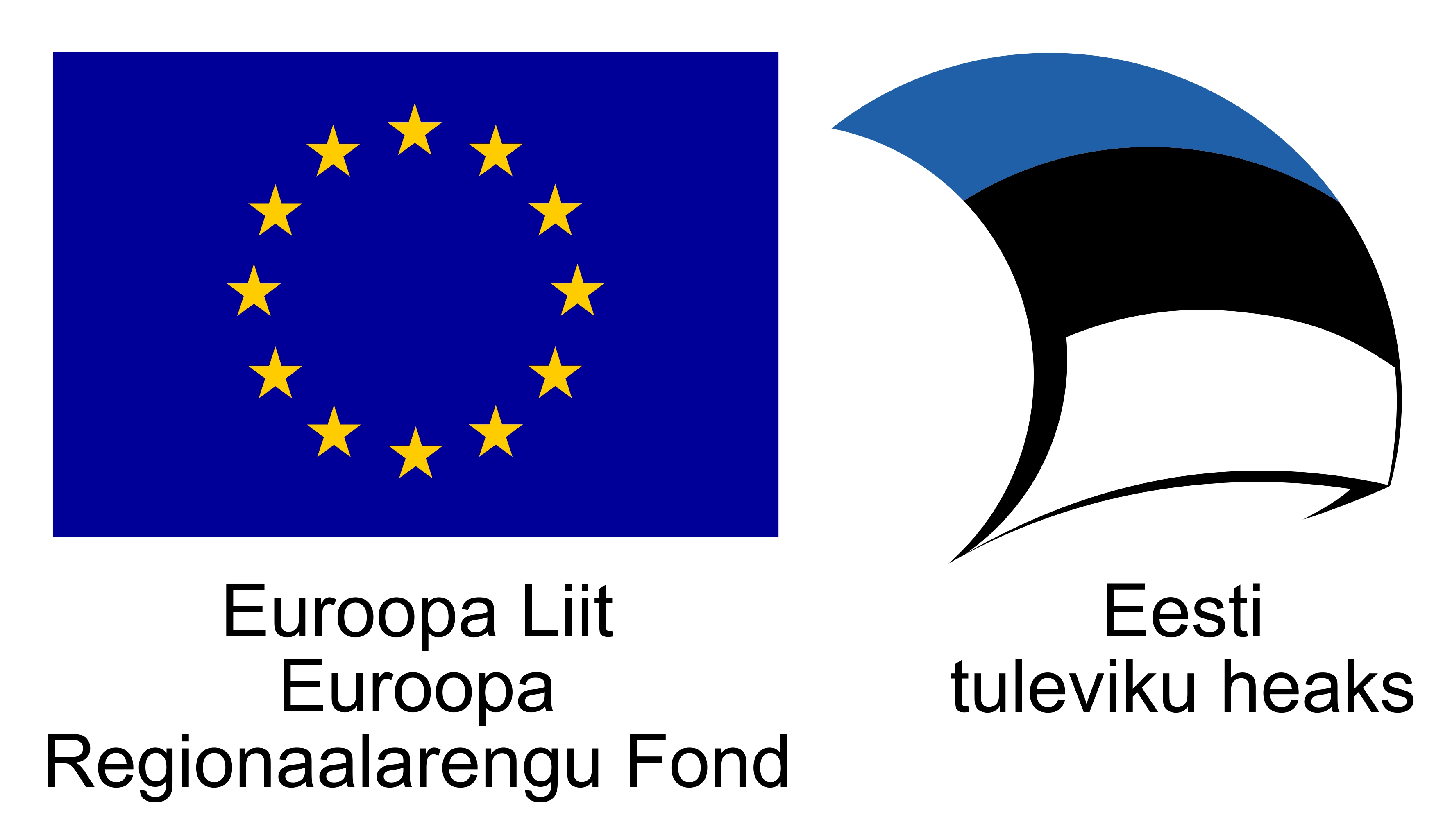Moderated User Research: top tips

A moderated user research study is a one-on-one conversation with a participant. It’s more like an informal interview or conversation. It can be done either in-person or remotely. Moderated sessions are very adaptable since you can easily go wherever the conversation takes you. You’ll be able to unearth interesting details about your participants.
When to Use Moderated User Research?
You can conduct a moderated session when you want to understand why or how your user feels in response to your product or service. Moderated interviews can be conducted at any stage of the software development life cycle. But are most commonly used during the design phase, when a team has a working prototype or concept, in its very early stages.
By getting direct feedback early in the research process, you will save time and money on the design and development of a product that is not intuitive and doesn’t fit the needs of your target persona. It’s good to get design feedback early, so don’t stress about buggy interfaces or incomplete designs.
Also, moderated sessions are valuable for complicated products. When conducting a moderated interview, you are able to give participants context which allows more productive sessions.. Since you can clarify any confusion your users may have. Moderated interviews can be used to create personas, empathy maps, customer journey maps, and other UX mapping workshops.

Effective moderation can be tricky though. A good moderator should understand how the nature and timing of questions can influence the outcome. And therefore be able to make critical decisions about what to ask and when to ask it. Don’t worry though – although moderating user experience tests might seem a bit daunting, practice really does make perfect – and along with our top tips below, you’ll be a master of moderation!
Ask the right questions
Moderators are in the business of asking questions. The art of questioning is a delicate one – ask too many questions, the wrong question, or ask a question at the wrong time and it could influence the findings. One of the golden rules of moderation is to stay neutral at all times and try not to ask leading questions that make the participant feel as if they should answer in a specific way.
Good questions could include:
- What are your thoughts about…
- Please tell me more about…
- How difficult was it for you to complete this task?
The above are probing questions that don’t lead the participant in a direction they wouldn’t otherwise have gone. It’s about taking their lead and querying for deeper insight.
Make sure you build a relationship
In order to get good results from your user research, it’s important to build a good rapport with your participant. It’s easy to underestimate the importance of this and assume that if you go in with carefully crafted questions you’ll be in a strong position to tease info out of them – but this isn’t always the case. After all, the more trust they have in you, the more open they’ll be and the more likely they’ll be to speak their mind.
Good rapport starts from the moment the participant starts engaging with you at recruitment stage, so it’s important to be clear and communicative from the beginning. You should give participants clear instructions so they know what’s going on and what’s expected of them from the start.
Answer questions with questions
It’s likely that participants will ask you questions during the session, with favourites usually being “should I do this?”, “did I do that right?”, and “what should I do now?”. It’s important to remember here that your views are irrelevant – and so the best way to deal with incoming questions is to use the boomerang technique and gently deflect their questions with another question.
If participants ask you if they did something right, try and respond with something like “do you think it was the correct selection?” or “what makes you unsure you’ve selected the correct option?”. It can be a bit difficult at first, but by turning the questions back to them, you can usually find out about much more about their intentions and motivations.
Embrace the awkward silence
Everyone hates an awkward silence – and it’s human nature to try and fill it. But try and remember that in moderated user research, a little bit of silence is OK! Yes, you want your users to think aloud – but you need to give them space to read, make adjustments and generally think about what they are doing, as well as giving you the chance to observe.
How you moderate will have a significant impact on the quality of your research findings. The goal, of course, is to get realistic findings that represent as closely as possible the real-world experience.


